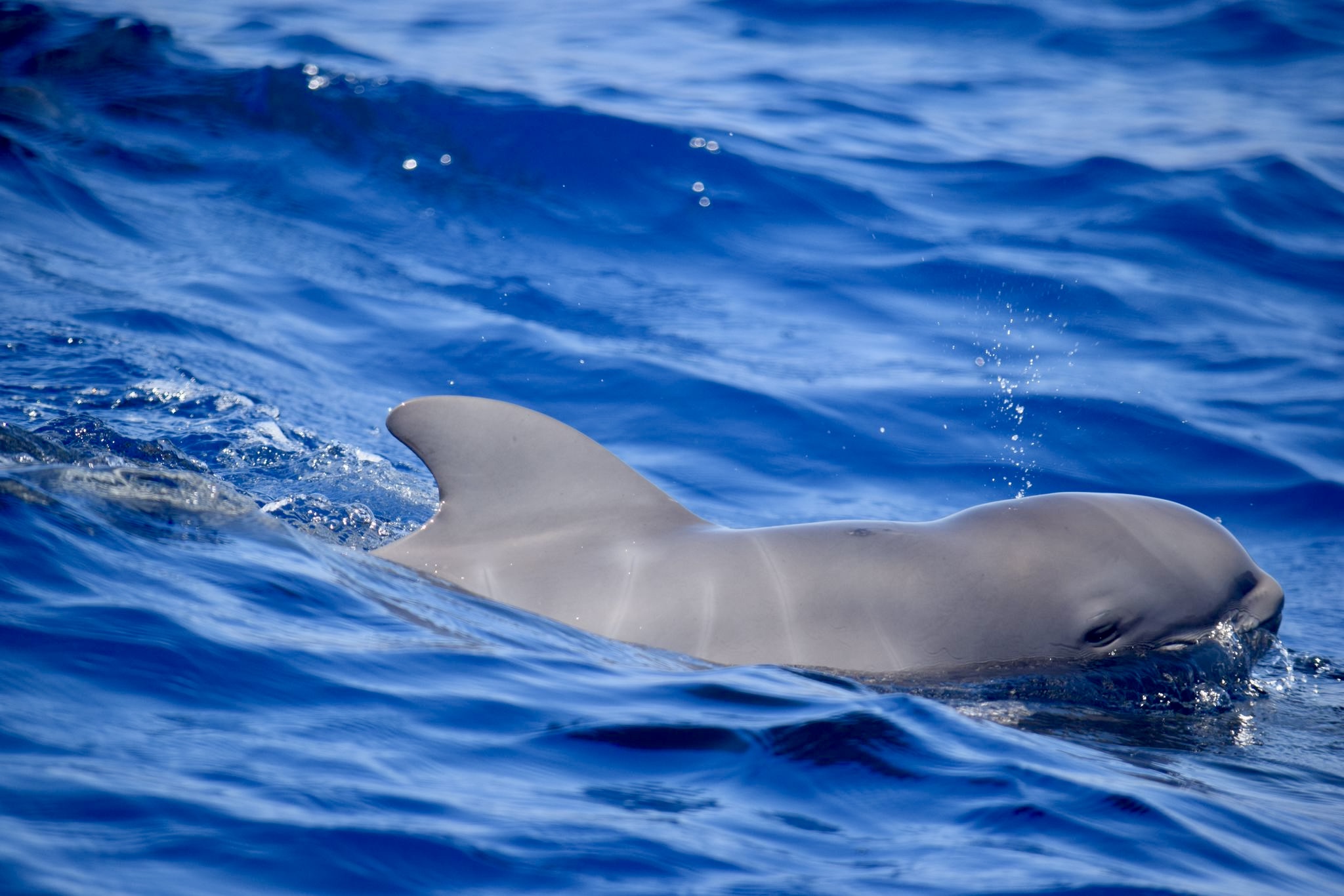Climate change is a reality that affects all ecosystems on the planet, and the oceans are no exception. In this post, we will explore the impact of global warming on cetaceans.
Understanding how these species are affected by changes in their environment is crucial for their conservation and for future generations who wish to admire them in their natural habitat, just as we offer with Whale Watch Tenerife.
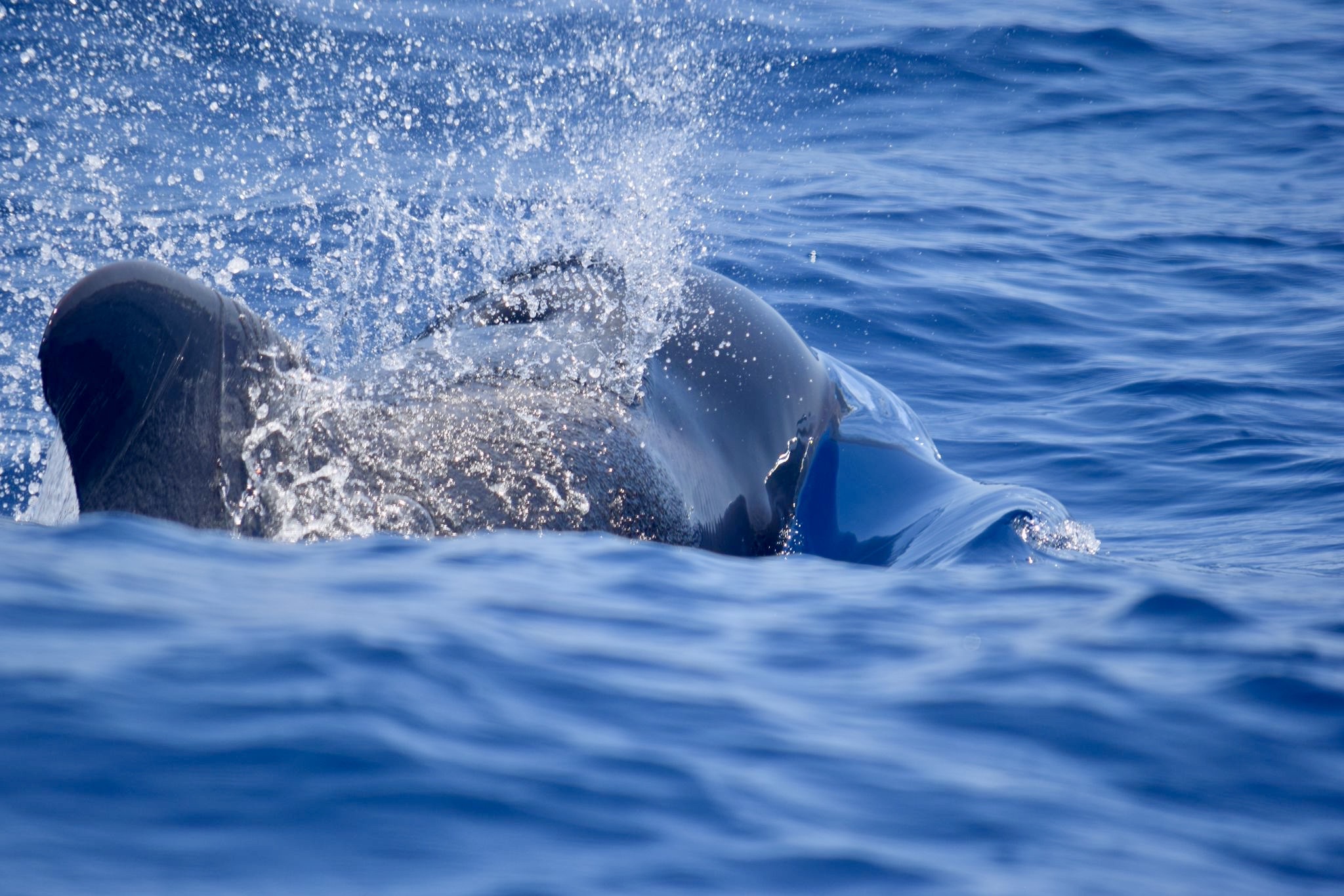
Effects of ocean warming, acidification, and their impact
One of the main effects of climate change is the warming of ocean waters, and cetaceans rely on a stable marine environment to feed, reproduce, and migrate.
The increase in water temperature can alter the distribution of their prey, such as small fish, forcing cetaceans to move to new areas in search of food. This not only affects their diet but can also increase competition for resources with other marine species.
Additionally, the excess carbon dioxide in the atmosphere not only contributes to global warming but also dissolves in the oceans, causing their acidification. This impacts the base of the marine food chain, including phytoplankton and zooplankton, organisms that are essential for the diet of many cetacean species.
A reduction in the availability of these organisms can have devastating effects on the health and survival of cetaceans.
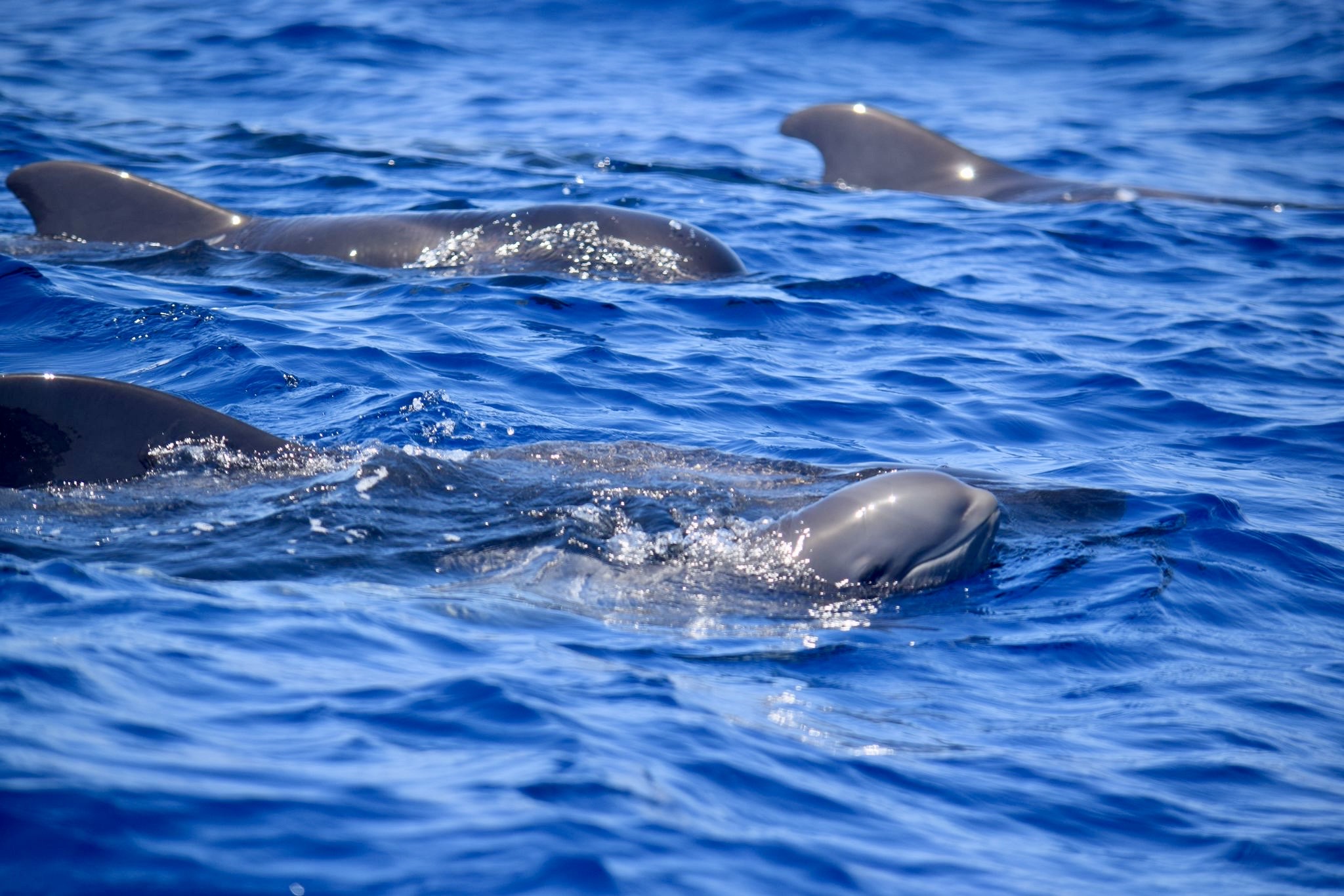
Changes in migration patterns, stress, and diseases
Climate change is also altering the migration patterns of cetaceans. These species typically follow specific migratory routes that allow them to take advantage of optimal temperature conditions and food availability at different times of the year. With global warming, these routes may shift, exposing cetaceans to new dangers.
Moreover, the stress caused by changes in their environment can weaken the animals’ immune systems, making them more susceptible to diseases. The rise in water temperature can also promote the proliferation of toxic algae, posing an additional threat to the health of these marine species.
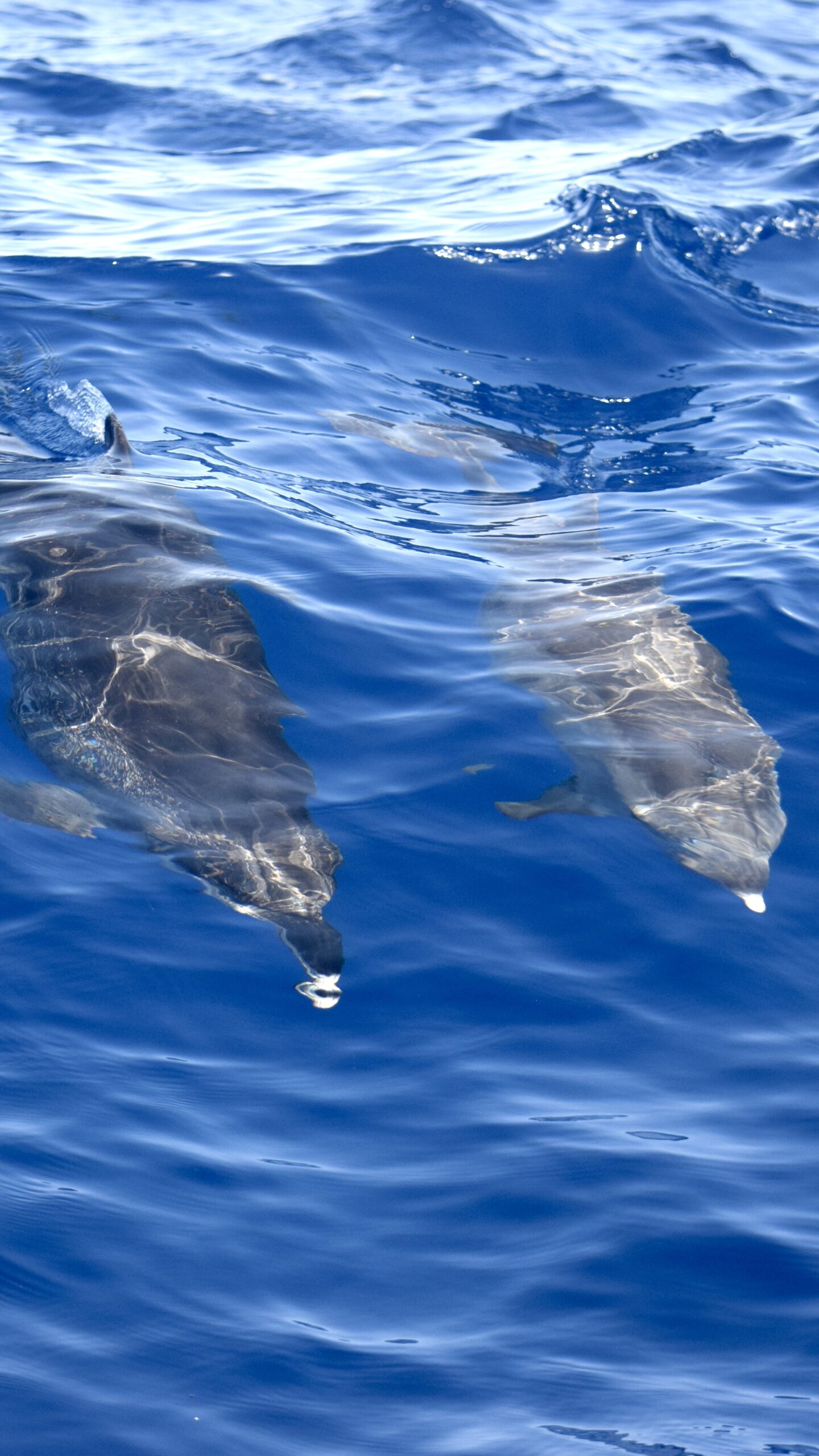
Conservation and Action
To mitigate the impact of climate change on cetaceans, it is essential to implement effective conservation measures. This includes reducing global CO₂ emissions, protecting key marine areas, and promoting responsible tourism practices.
Whale watching tours, like those we offer at Whale Watch Tenerife, not only provide an unforgettable experience for our visitors but also play a crucial role in raising awareness about the importance of preserving these species and their environment.
Our company actively collects trash from the ocean, turns off the engine whenever possible, and we do not provide food or drinks on board, which helps us avoid producing plastic waste.
In conclusion, it is our responsibility to take action to protect these magnificent creatures and ensure they remain a vital part of our oceans.
For more information on how to participate in our tours and contribute to cetacean conservation, visit our website at whalewatchtenerife.org
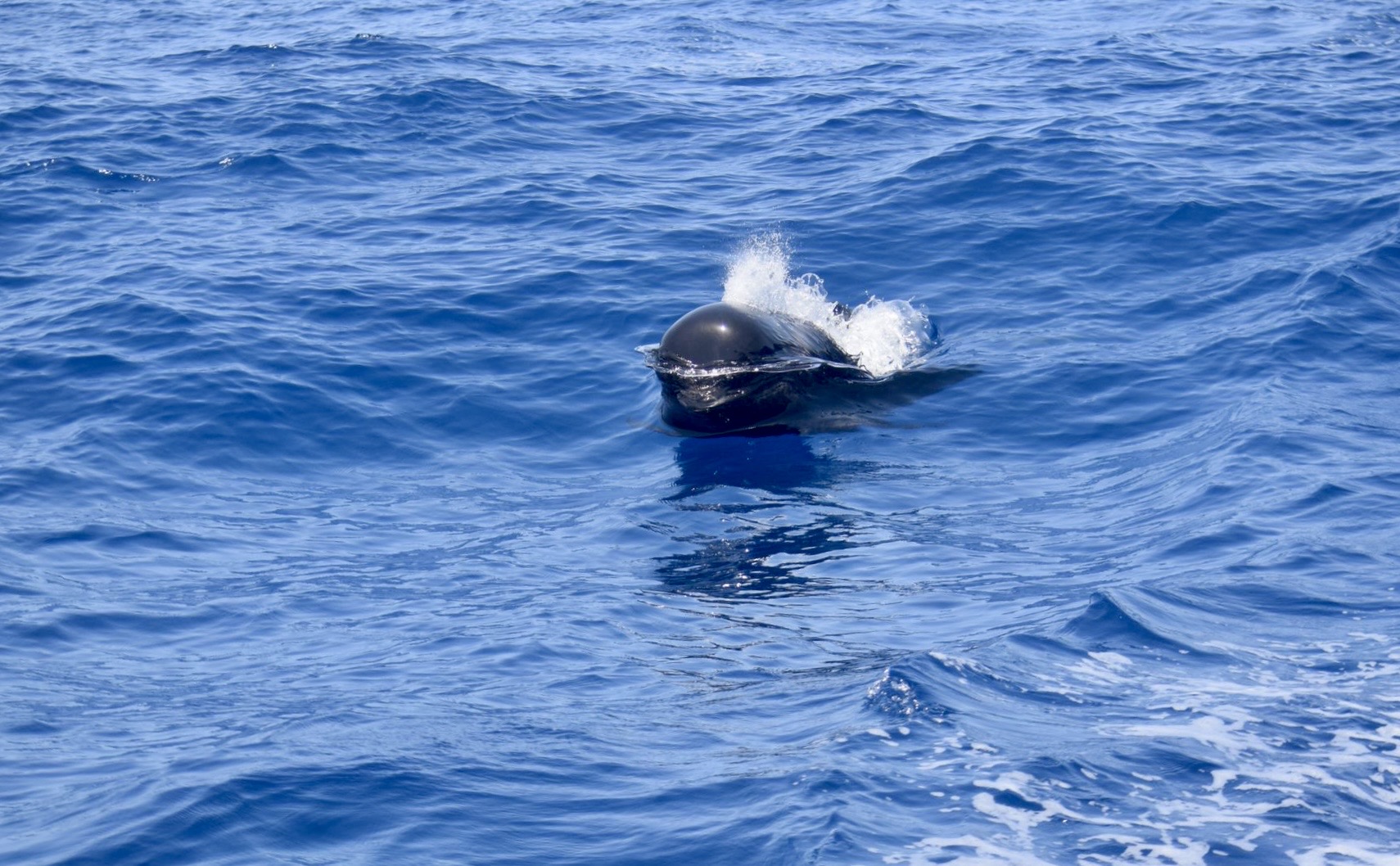
 Booking
Booking
